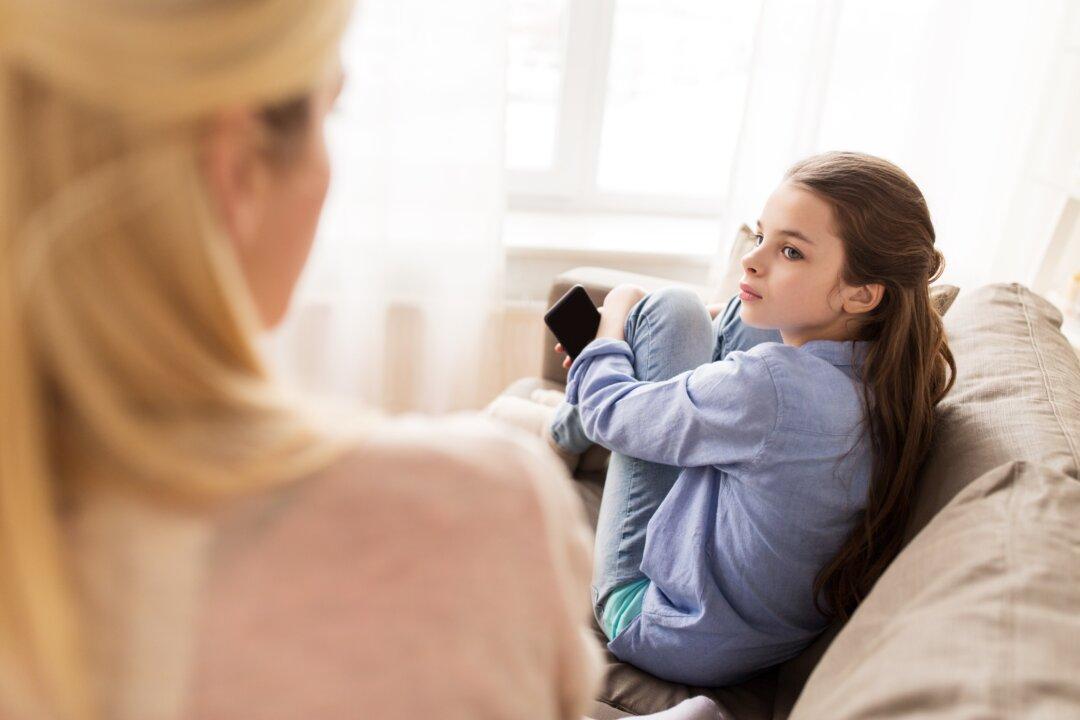Last week, my kids began arriving home from their various schools. We invited our oldest daughter’s longtime best friend, Lena, over for a homecoming dinner. She’s like a member of our family, and we were excited to see her, too, despite closing schools and social-distancing recommendations. The kids are all healthy, we reasoned. We had Lena wash her hands when she came in; we resisted hugging her.
Then we got a government order to shelter in place and having had Lena over the night before suddenly seemed like a reckless mistake. But not all families in our neighborhood agree.





